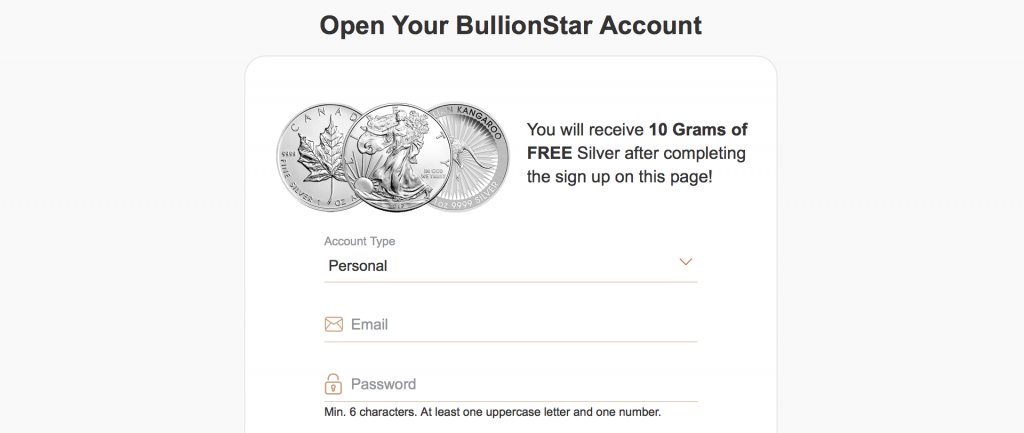Table of Contents
What is a Crack-Up Boom and are we in one in 2024?
Have you ever heard of a “Crack-Up Boom”? It’s a term used to describe a particular economic situation, and understanding what it means in 2024 can help us better grasp the current state of our economy. Let’s break it down in simple terms.
A Crack-Up Boom is a situation where people lose confidence in a currency, leading to a rapid and uncontrolled increase in prices. It’s like a vicious cycle – as people start doubting the value of their money, they try to get rid of it as quickly as possible by spending it on goods and assets. This increased demand for goods and assets drives up prices even further, which in turn fuels more spending and higher prices, and so on.
The value of the currency spirals downward
During a Crack-Up Boom, the value of the currency spirals downward at an accelerating pace, making it increasingly worthless. Imagine going to the grocery store one day and finding that the price of milk has doubled from the day before. The next day, it might double again, and so on. This kind of rapid and unpredictable inflation can quickly make a currency virtually useless.
Ludwig von Mises
The term “Crack-Up Boom” was coined by the Austrian economist Ludwig von Mises, who was a prominent figure in the Austrian School of economic thought. But before we dive into the concept further, let’s take a quick look at Austrian economics and its key proponent, Ludwig von Mises.
Austrian Economics
Austrian economics is a school of economic thought that emphasises the subjective nature of value and the importance of individual decision-making in the market. It stands in contrast to the more mainstream economic theories that focus on mathematical models and aggregate data.
One of the key figures in Austrian economics was Ludwig von Mises (1881-1973), an Austrian-American economist and philosopher. Mises made significant contributions to the understanding of money, inflation, and the business cycle. He was a staunch advocate of free market capitalism and a critic of government intervention in the economy.
Mises argued that economic phenomena should be studied from the perspective of individual human action and choice, rather than relying solely on aggregate data and mathematical models. He believed that the market process, driven by individuals pursuing their subjective preferences, is the most efficient way to allocate resources and coordinate economic activity.
Now, let’s dive back into the concept of the Crack-Up Boom and how it relates to our current economic situation.

Are We in a Crack-Up Boom in 2024?
As we’ve seen, a Crack-Up Boom is characterised by rapidly accelerating inflation and a loss of confidence in the currency. While our current economic situation may not yet meet the strict definition of a Crack-Up Boom, there are certainly signs that we might be heading in that direction.
Over the past few years, we’ve witnessed unprecedented levels of money printing and government stimulus measures in response to economic crises. This influx of new money into the system has the potential to devalue our currency and fuel inflation.
Moreover, there appears to be a growing distrust in traditional fiat currencies, as evidenced by the increasing popularity of alternative assets like cryptocurrencies and in particularly precious metals such as Gold and Silver. People are seeking ways to protect their wealth from the erosion of purchasing power caused by inflation.
Protect your wealth with Gold and Silver Bullion
Precious metals such as Gold and Silver Bullion can protect wealth and purchasing power in these turbulent times.
It’s important to note that a Crack-Up Boom in 2024 is an extreme and relatively rare economic event. However, the principles underlying it – the devaluation of currency and the loss of public confidence in the monetary system – are worth paying attention to, as they can have far-reaching consequences for our financial well-being.
As we navigate these uncertain economic times, it’s crucial to stay informed and make sound financial decisions based on a thorough understanding of economic principles and historical precedents. By learning from the insights of economists like Ludwig von Mises and the Austrian School, we can better prepare ourselves for potential challenges and opportunities that may arise.
Main Image by Firmbee from Pixabay
Content Image by Steve DiMatteo from Pixabay



